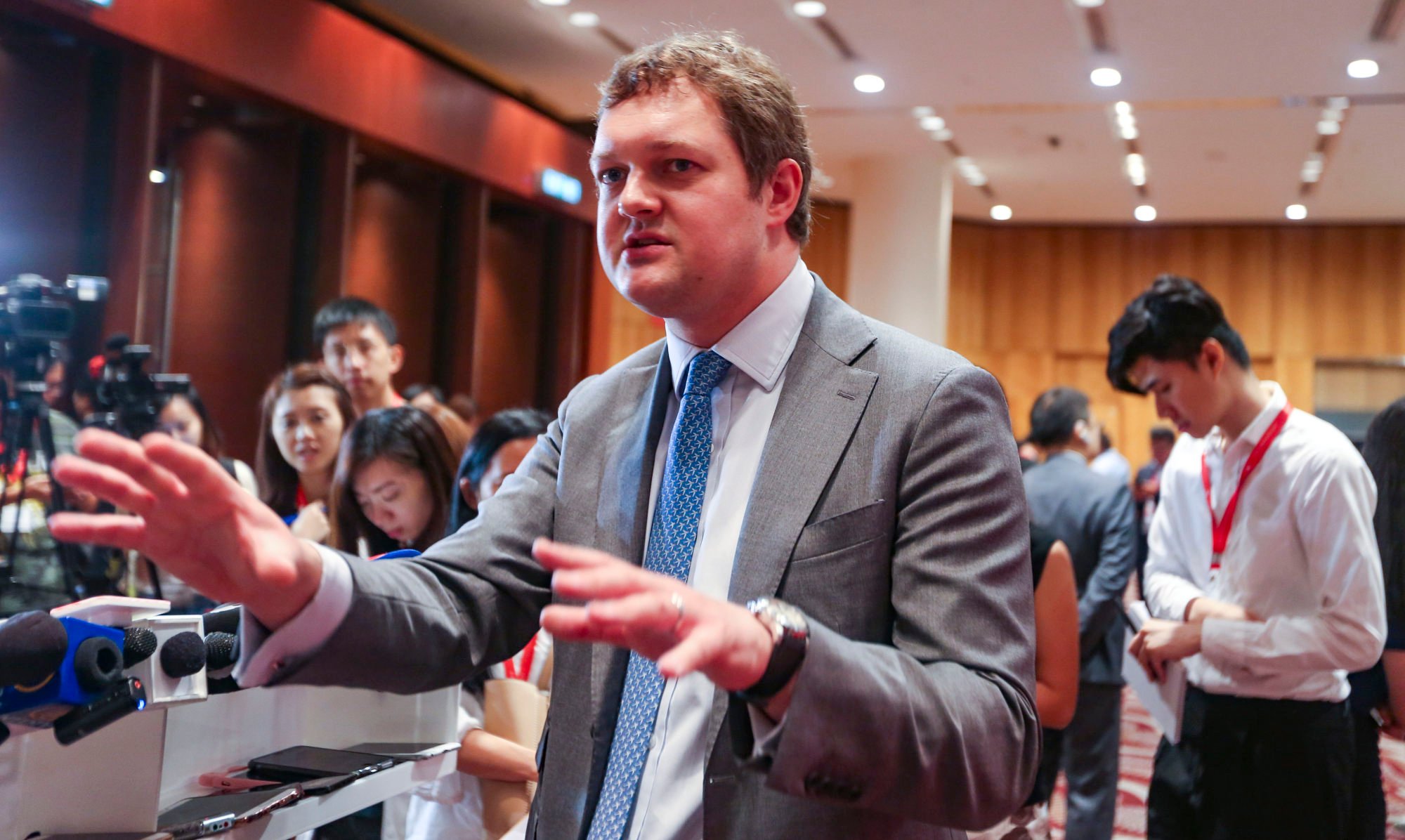
LME to overhaul margins, introduce new nickel contract in market revamp
- HKEX-owned bourse is seeking to rebuild investor confidence a year after chaos in nickel market forced trading halt, cancellation of trades
- New ‘action plan’ includes permanent daily price limits, effort to develop new contract for lower-grade nickel with Chinese bourse
Large off-exchange positions in nickel have been partially blamed for chaos in the nickel market last March as the metal’s price soared more than 270 per cent over a three-day period following Russia’s invasion of Ukraine, triggering nearly US$16 billion in margin calls.
The LME was ultimately forced to suspend trading and cancel billions of dollars of transactions on March 8, 2022, a move that has sparked a series of legal actions by investors over the 146-year-old bourse’s response.
Since last year’s chaos, the LME has introduced a series of measures to try to avoid similar situations in future, including daily price limits for contracts that require metals to be physically delivered when a futures contract expires.

As part of its efforts to enhance liquidity, the LME said on Thursday that it would include coarse nickel powder as a deliverable form of so-called Class 1 nickel, in addition to the traditional nickel briquettes.
At the same time, the LME said it would work with China’s Qianhai Mercantile Exchange, which is also owned by the HKEX, to develop a nickel contract for Class 2 nickel focused on the Asian market.
Class 1 nickel is of a higher purity, but increasingly plays a smaller role in the nickel usage globally. The LME’s closely watched three-month benchmark contract is based on the price of Class 1 nickel and is still used as a reference point to price lower-grade nickel.
“The LME will engage closely with the market to launch such an offering, and then assess whether it provides value to the market,” the bourse said.


.jpg?itok=zSWXqQCw)